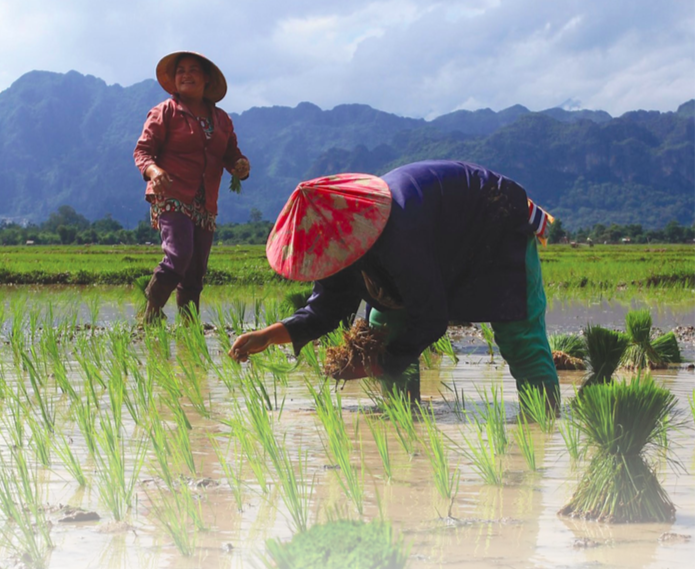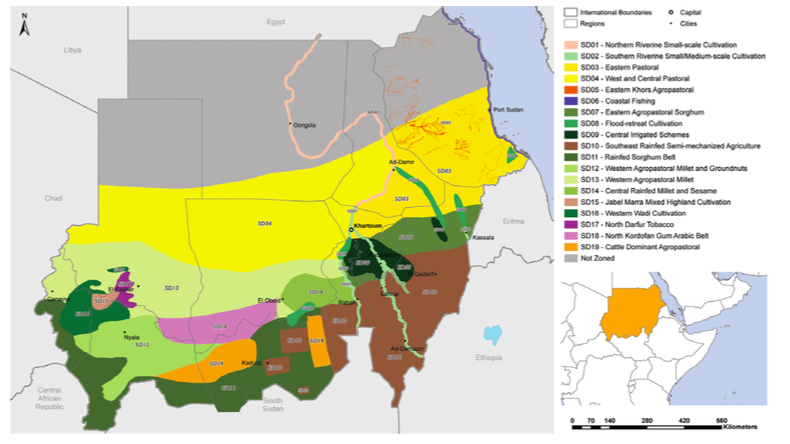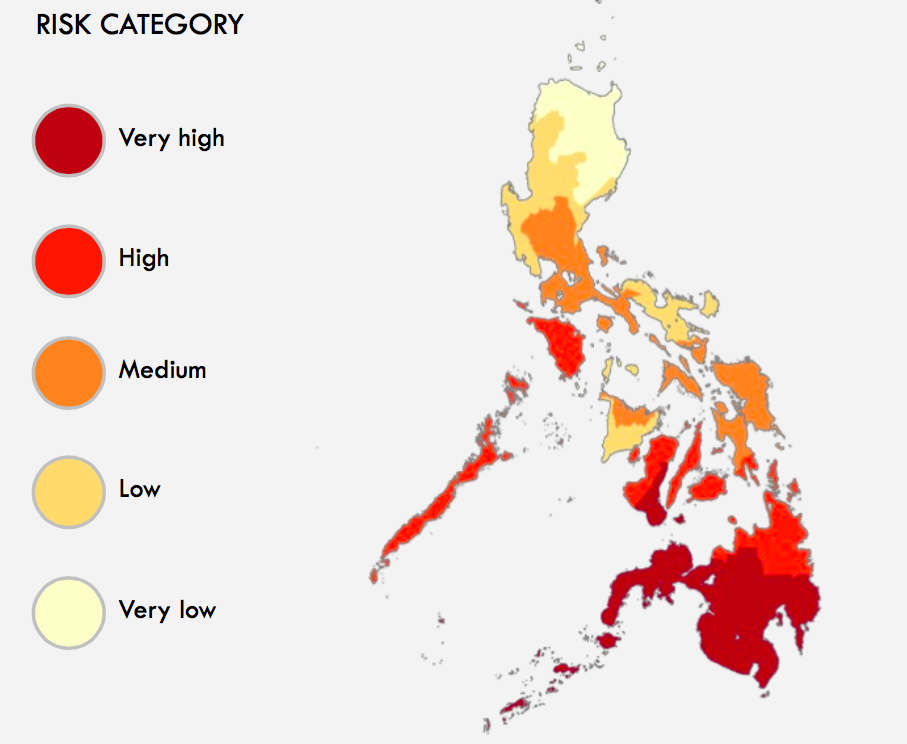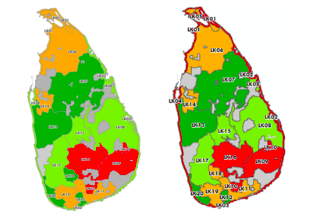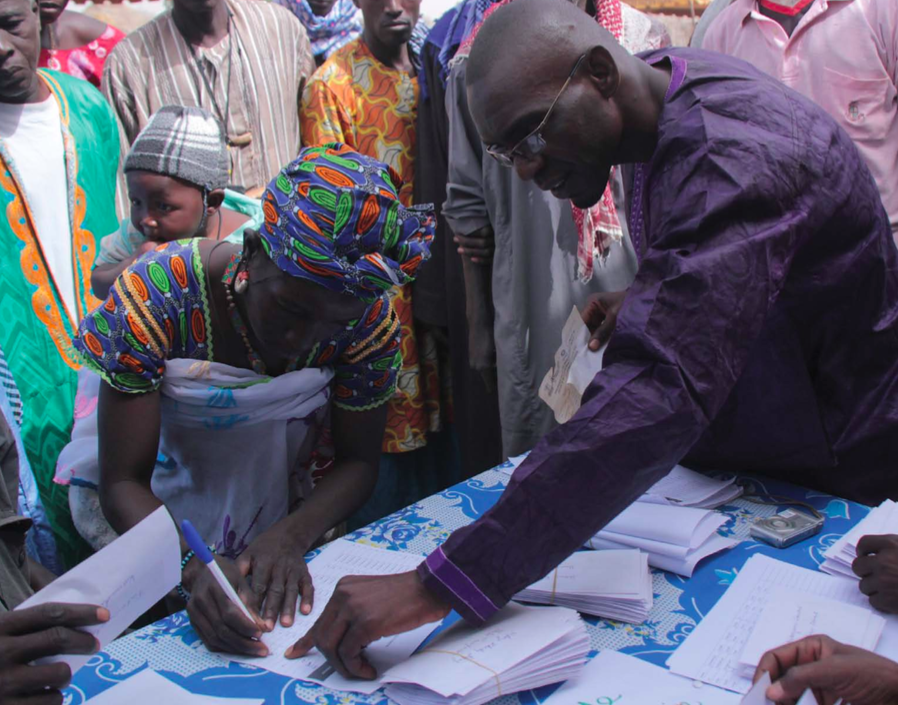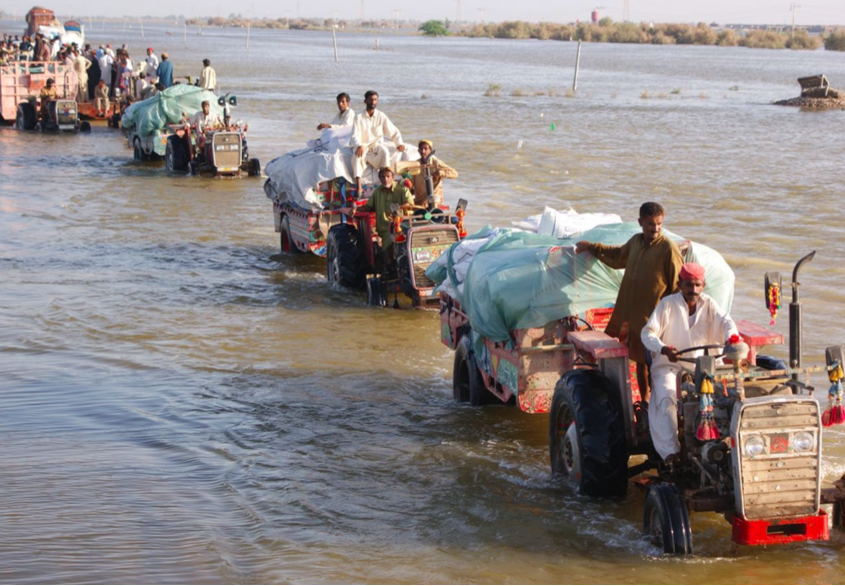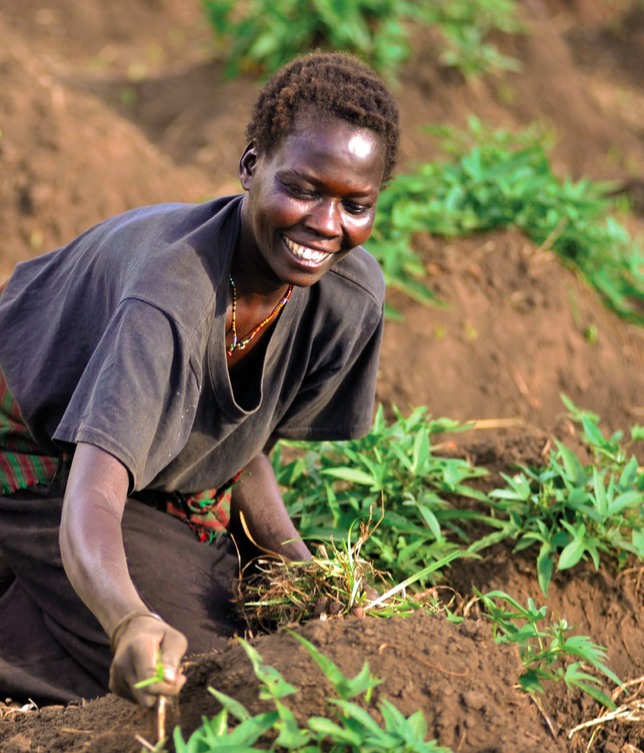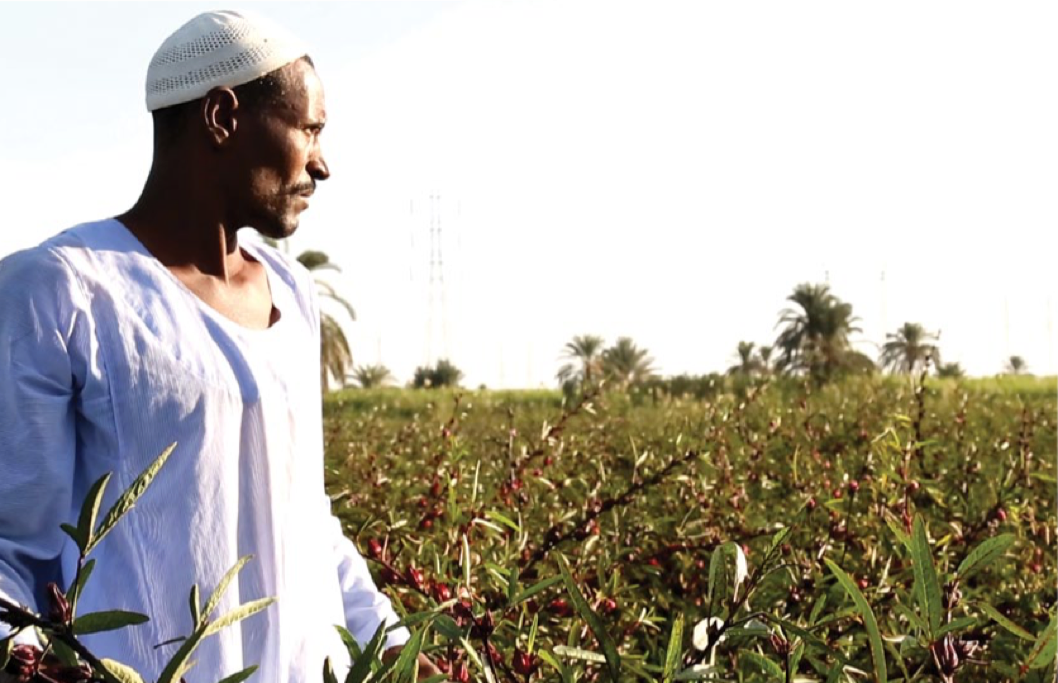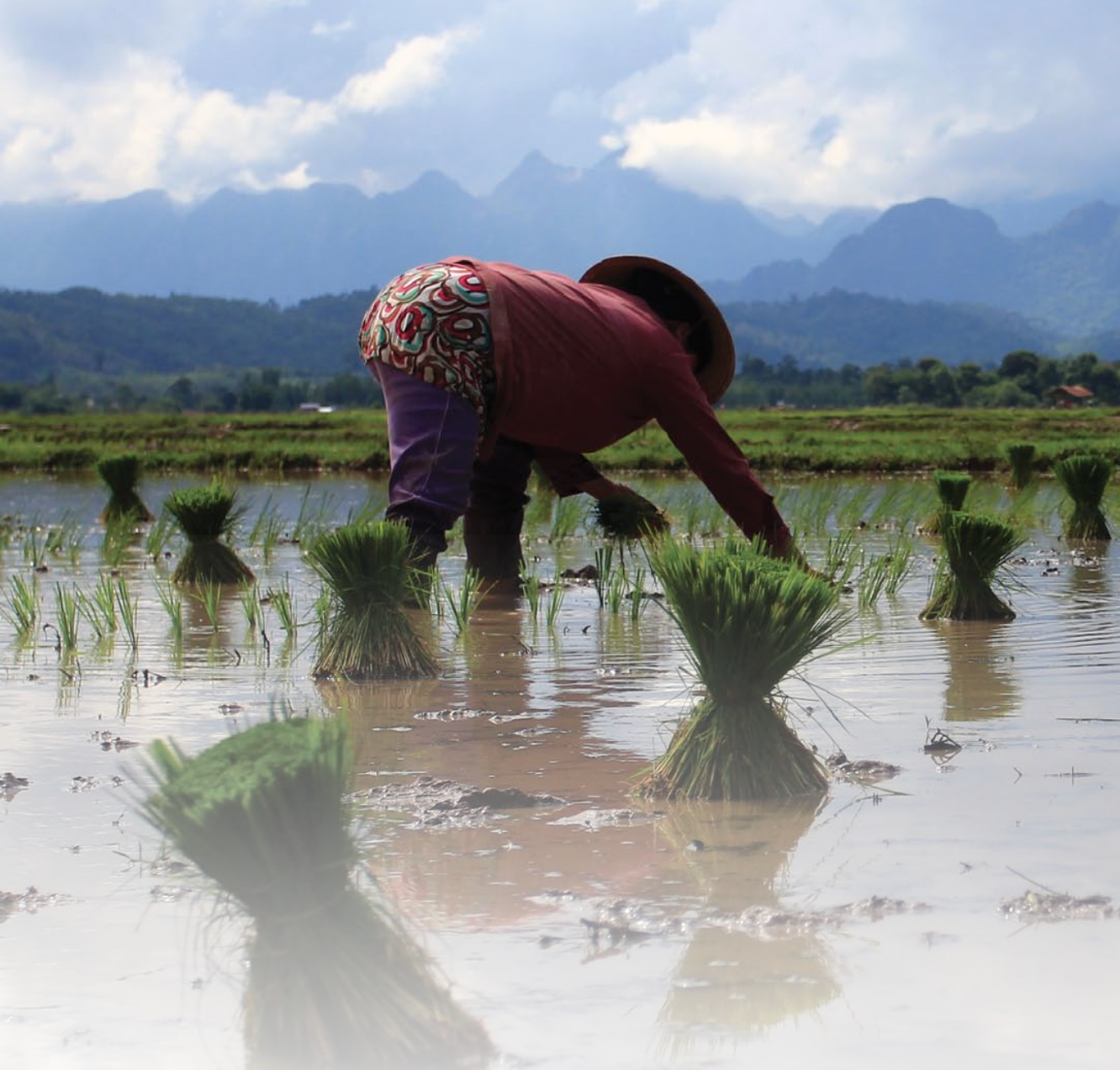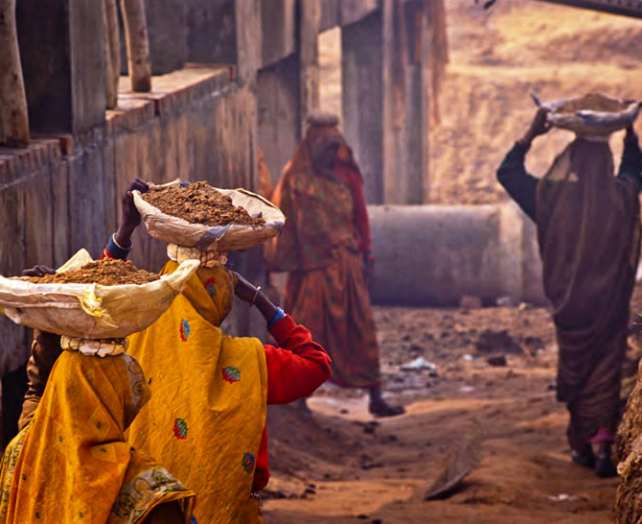WFP

The World Food Programme is the world’s largest humanitarian agency fighting hunger worldwide.
In emergencies, we get food to where it is needed, saving the lives of victims of war, civil conflict and natural disasters. After the cause of an emergency has passed, we use food to help communities rebuild their shattered lives.
WFP is part of the United Nations system and is voluntarily funded.
Born in 1961, WFP pursues a vision of the world in which every man, woman and child has access at all times to the food needed for an active and healthy life. We work towards that vision with our sister UN agencies in Rome — the Food and Agriculture Organization (FAO) and the International Fund for Agricultural Development (IFAD) — as well as other government, UN and NGO partners.
On average, WFP aims to reach more than 90 million people with food assistance in more than 73 countries. Around 15,000 people work for the organization, most of them in remote areas, directly serving the hungry poor.
To learn more, watch the video outlining our mission, read our Mission Statement or browse our Policy Resources section.
